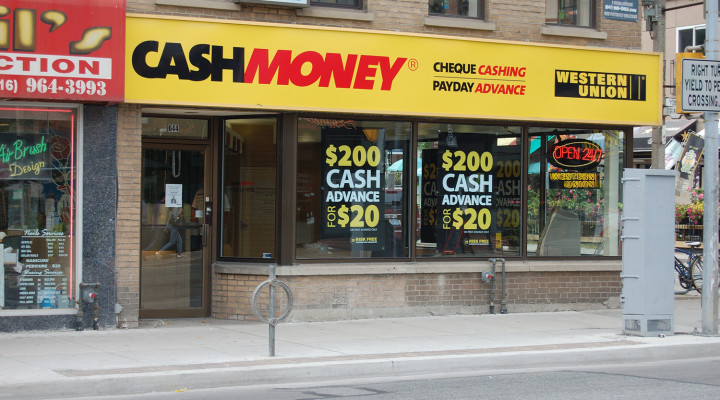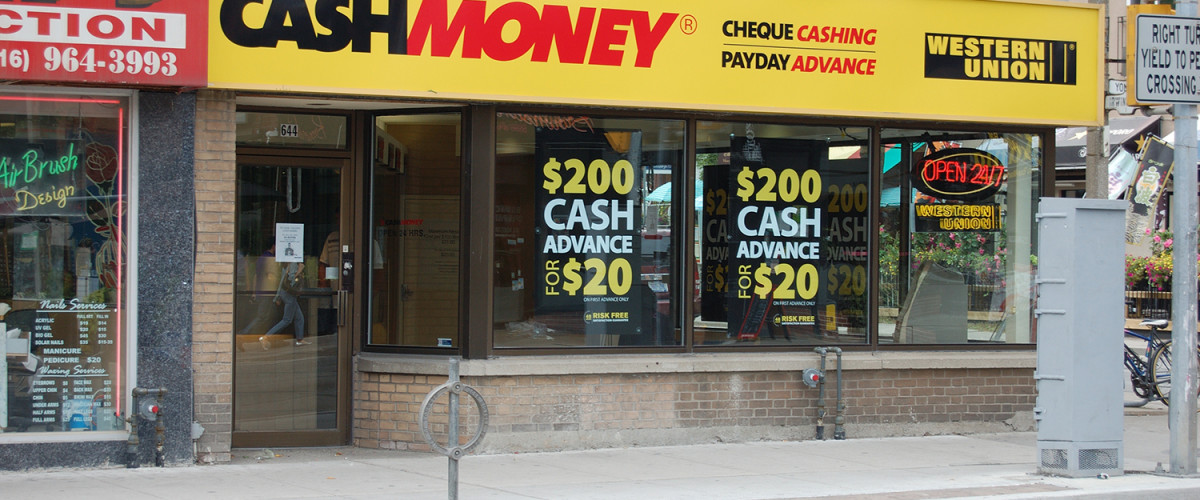National religious leaders staged a virtual “pray-in” Feb. 22 to emphasize the power of prayer and Scripture in the effort to end predatory lending in the U.S.
Members of the Faith and Credit Roundtable, a project of the Center for Responsible Lending, also used the event to remind payday and auto title lenders their actions have spiritual as well as economic impacts.
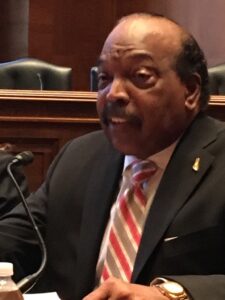
Willie Gable Jr.
“Predatory lending is legalized loan sharking. It’s blood money. And those who are involved in it need to realize that and that they will not go unpunished in time or eternity. You cannot hurt the poor — that is all through the Bible,” said Willie Gable Jr., pastor of Progressive Baptist Church in New Orleans and chairman for international housing and economic development for the National Baptist Convention USA Inc.
Organizers staged the gathering to begin at 2 p.m. on 2/22/22 to bring attention to Proverbs 22:22 and its warning: “Do not rob the poor because they are poor.”
But robbing the poor because they are poor is precisely what payday lending is all about, according to the interfaith panel.
Desperate people often turn to predatory lenders convinced they have no alternatives, said Dallas Lenear, pastor of Journey Church in Grand Rapids, Mich., and executive director of Project Green, a nonprofit dedicated to helping low- and moderate-income families overcome financial barriers.

Dallas Lenear
“And predatory lending is certainly one of those barriers” for people who can see no other options during financial emergencies, he said. “So they turn to payday lending seeking a bridge over financial ruin, but what they find instead is that payday lending became financial quicksand.”
Opponents of predatory lending face barriers of their own, panelists said.
The Consumer Federation of America reports that 32 states have laws permitting aggressive payday lending practices or have failed to close loopholes exploited by lenders. Interest rates in some of those states have exceeded 400% for some loans.
Legislation seeking to extend the Military Lending Act’s 36% interest rate cap to all consumers was introduced in Congress in 2021 but still awaits passage.
“The 36% interest rate limit has become the broadly accepted dividing line between responsible lending and destructive credit that harms lives and destroys financial inclusion,” the National Consumer Law Center said.
Consumer advocates, meanwhile, are still struggling to convince the federal Consumer Financial Protection Bureau to enact stronger rules requiring lenders to determine borrowers’ ability to repay before issuing loans. That agency was all but shuttered in the Trump administration.
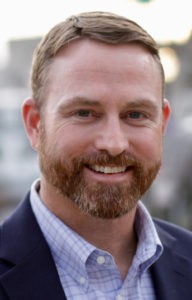
Stephen Reeves
“Now over a year into the (Biden) administration there has been very little movement to crack down on predatory payday loans,” said Stephen Reeves, director of advocacy for the Cooperative Baptist Fellowship. “At this point, we are concerned that this issue is not a high enough priority for the bureau.”
During the pray-in, Reeves emphasized the need for prayer as a powerful aid “in the long-term struggle” to end predatory lending. “We are fighting greed — folks who see the vulnerable not as human beings made in God’s image, or neighbors to be loved, but as targets of exploitation.”
The power of prayer also should lead Christians to believe payday lending is not only unacceptable but not insurmountable, said Sekinah Hamlin, minister for economic justice with the United Church of Christ. “We must refuse to accept that usury will always be with us.”
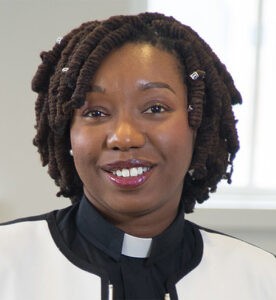
Sekinah Hamlin
In the process of paying off $104 million in consumer medical debts, the UCC has learned that the pressure to pay those loans frequently leads individuals to payday lenders.
“We are still in a pandemic as many families struggle to gain financial security in a volatile economy,” Hamlin said. “The least we can do is protect them from abusive and deceptive practices such as pay-day lending.”

David Rosenn
Anything constructed by human beings — including payday lending — can be overcome by faith and advocacy, said Rabbi David Rosenn, president of the Hebrew Free Loan Society in New York. “Markets aren’t facts of nature. They are created and shaped by choices we make, and those choices have ethical consequences.”
And those in the predatory loan business are doing exactly what Proverbs 22:22 warns people not to do, he added. “There are those looking for ways to remove protections to rob the poor because they are poor.”
Related articles:
Faith leaders lament loosened restrictions on payday lenders
SBC and CBF agree on praise for Congress overruling predatory lending policy
How churches can help encourage financial capital in nonmetro areas | Analysis by Brian Foreman and Justin Nelson

